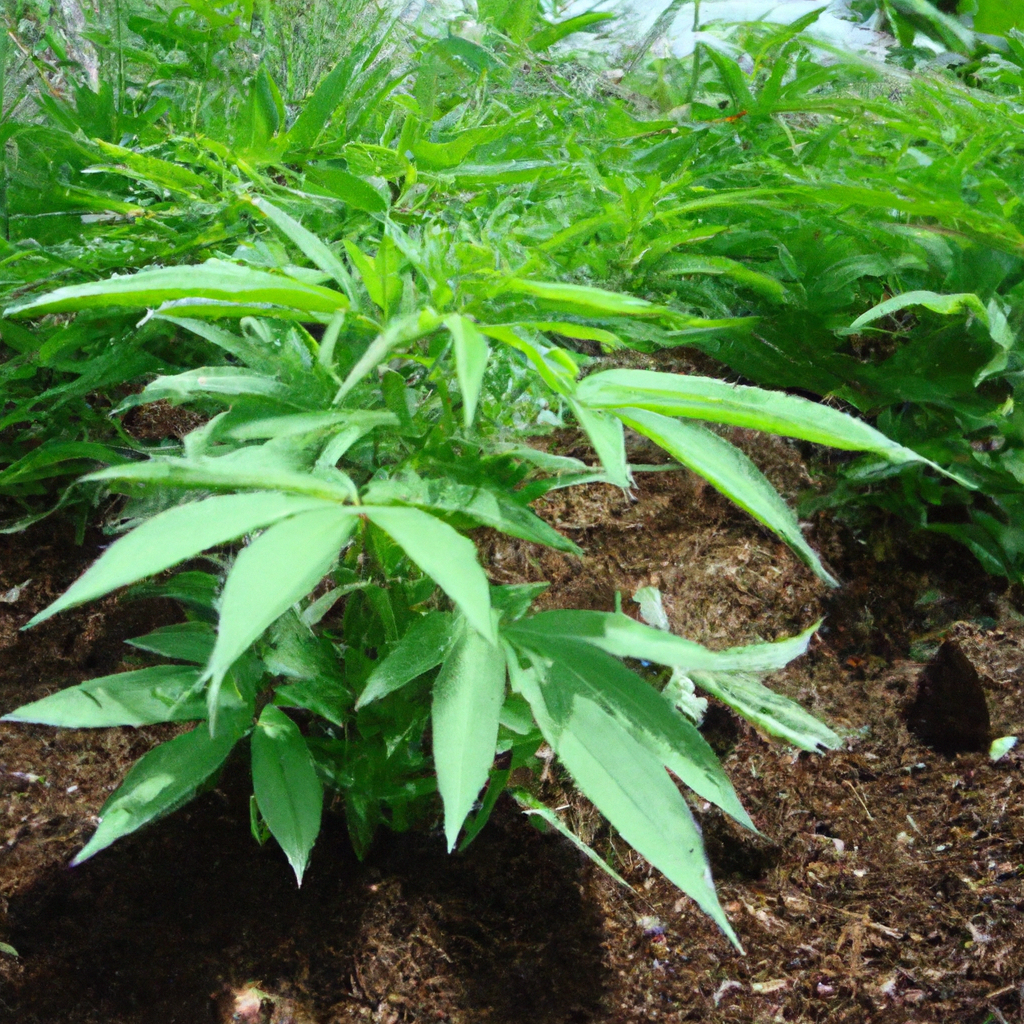Your cart is currently empty!
In the journey towards more sustainable and eco-friendly agriculture, organic cannabis cultivation stands as a beacon of environmentally conscious farming. Embracing organic practices not only reduces the environmental impact but also delivers superior quality product for consumers looking for natural alternatives.
Understanding Organic Cannabis Cultivation
Organic cannabis cultivation rejects synthetic chemicals and embraces natural techniques to enrich soil, control pests, and promote plant health. It’s about creating a harmonious ecosystem that supports biodiversity and resilience.
Building a Healthy Soil Ecosystem
The core of organic cultivation is a thriving soil ecosystem. Here are some key practices:
- Composting: Utilizing a rich blend of organic waste like vegetable scraps, coffee grounds, and leaves enriches soil with essential nutrients and microbes.
- Crop Rotation: This practice prevents nutrient depletion and disrupts pest cycles, enhancing soil fertility and crop health.
- Mulching: Covering soil with organic material retains moisture, suppresses weeds, and gradually adds nutrients back into the earth.
Using Natural Fertilizers and Pest Control
Organic growers rely on compost and natural amendments like fish emulsion, bone meal, or seaweed extracts for fertilization. For pest control, techniques such as:
- Companion Planting: Using plants that naturally repel pests helps protect cannabis crops without harsh chemicals.
- Beneficial Insects: Introducing predator species like ladybugs can naturally control pests like aphids.
- Neem Oil: This oil disrupts the lifecycle of many plant pests and acts as a natural pesticide.
Sustainable Practices in Cannabis Cultivation
Sustainability in cannabis cultivation isn’t just about the absence of chemicals but sustainable resource use:
- Water Conservation: Implementing drip irrigation systems maximizes water efficiency, reduces waste, and conserves this precious resource.
- Renewable Energy: Using solar panels or wind energy to power operations not only cuts costs but also reduces the carbon footprint.
- Packaging: Choosing biodegradable options for cannabis product packaging further enhances the eco-friendly profile of your offering.
Benefits for the Environment and Consumers
Embracing organic cannabis cultivation has clear advantages:
- Healthier Products: Avoiding synthetic fertilizers and pesticides results in a product free from harmful residues, retaining natural cannabinoid and terpene profiles.
- Environmental Stewardship: By supporting biodiversity and reducing pollutant outputs, organic cultivation practices help preserve natural ecosystems.
- Consumer Trust: Increasingly educated consumers are seeking out organic products, confident in their quality and sustainability.
Conclusion
Transitioning to organic cannabis cultivation involves dedication to natural processes and sustainable practices. The result is a healthier product and a positive impact on both the environment and consumer health. In embracing organic methods, growers are not only cultivating cannabis but also nurturing the earth.
Ultimately, organic cannabis cultivation is a journey that rewards growers with products of unmatched quality and an eco-conscious legacy.


Leave a Reply